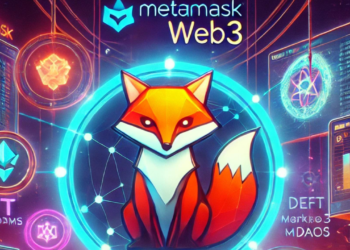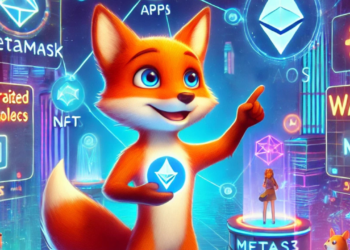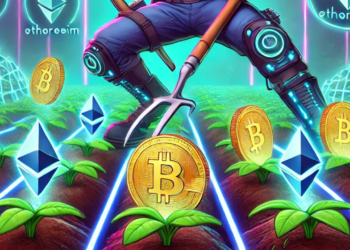Bitcoin mining is one of the most essential processes in the world of cryptocurrencies. But what exactly is mining, and why is it so important? In this blog, we’ll break down what mining is, how it works, and why it plays a crucial role in the Bitcoin ecosystem.
What Is Bitcoin Mining?
Bitcoin mining is the process of creating new Bitcoin and verifying transactions on the Bitcoin blockchain. It’s like a digital treasure hunt where powerful computers solve complex math problems. When a problem is solved, the miner adds a new block to the blockchain and is rewarded with Bitcoin.
Think of the blockchain as a digital ledger that keeps track of all Bitcoin transactions. Miners ensure this ledger is accurate and secure. Without mining, Bitcoin’s decentralized system wouldn’t function properly.
How Does Mining Work?
Bitcoin mining involves several key steps:
- Transaction Verification: When someone sends Bitcoin, the transaction is broadcast to the network. Miners collect these transactions and verify them.
- Solving a Puzzle: Miners compete to solve a mathematical problem called a hash. This requires immense computational power. The first miner to solve the problem gets to add a block of transactions to the blockchain.
- Adding a Block: Once the block is added, the transactions within it are confirmed, making them permanent and unchangeable.
- Receiving a Reward: The winning miner receives a reward in Bitcoin. Currently, the reward is 6.25 Bitcoin per block, but this amount halves approximately every four years in an event called the “halving.”
Why Is Mining Important?
Mining serves three critical purposes:
- Secures the Network: Miners play a key role in keeping the Bitcoin network secure. By solving complex puzzles, they make it extremely difficult for anyone to manipulate the blockchain.
- Processes Transactions: Mining ensures that all Bitcoin transactions are verified and recorded accurately. This keeps the decentralized system running smoothly.
- Creates New Bitcoin: Mining is the only way to bring new Bitcoin into circulation. This controlled issuance ensures that Bitcoin’s supply remains limited, preserving its value over time.
The Challenges of Mining
Mining might sound exciting, but it’s not without challenges:
- High Energy Consumption: Mining requires massive amounts of electricity. Critics argue that this makes Bitcoin mining environmentally unfriendly.
- Costly Equipment: Mining requires specialized hardware called ASICs (Application-Specific Integrated Circuits). These machines are expensive and need constant upgrades to remain competitive.
- Increased Difficulty: As more miners join the network, the puzzles become harder to solve, making it less profitable for small-scale miners.
Is Mining Worth It?
For many individuals and businesses, mining can be profitable if done at scale or in areas with cheap electricity. However, for beginners, the high costs and technical requirements make it a challenging venture. Alternatives like joining mining pools (where miners work together and share rewards) can make it more accessible.
The Future of Mining
As Bitcoin’s popularity grows, so do discussions about the sustainability of mining. Innovations like renewable energy-powered mining operations and improvements in technology aim to address environmental concerns. Additionally, as the mining reward continues to decrease over time, transaction fees will likely become a more significant incentive for miners.
Final Thoughts
Bitcoin mining is a vital part of the cryptocurrency world. It ensures the security and reliability of the blockchain while introducing new Bitcoin into circulation. While it’s not a straightforward process, understanding mining helps you appreciate the technology behind Bitcoin.
Disclaimer: This blog is for informational purposes only and does not constitute financial advice. Always consult a professional before making any investment decisions.










